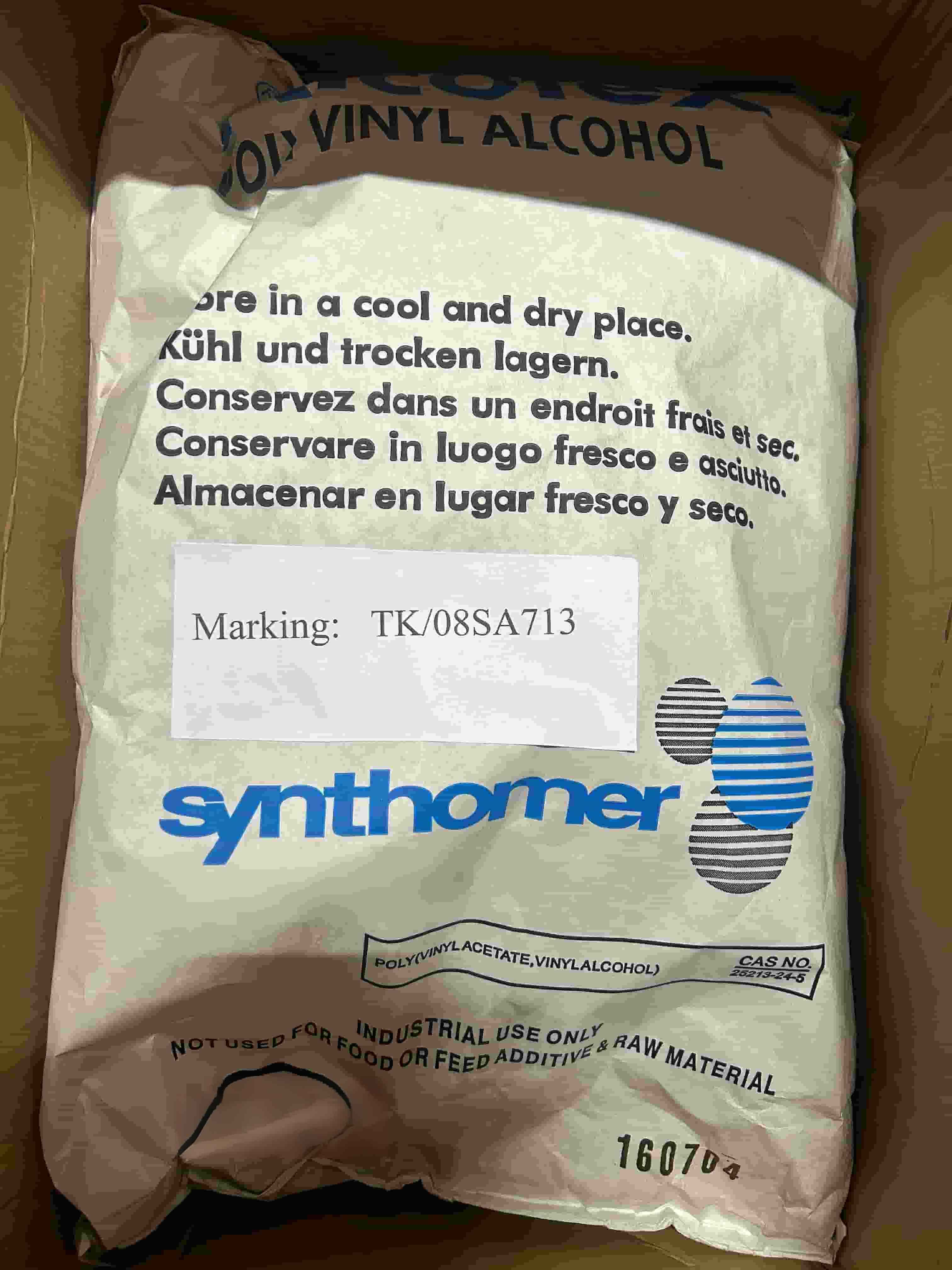One of the core challenges in the suspension polymerization process of polyvinyl chloride (PVC) is polymer scaling on the inner walls and internal components of the reactor. Scale buildup has a negative impact on reactor heat transfer and extends the time it takes for polymerization. More importantly, companies have to do expensive, high-pressure cleaning on their reactors on a regular basis, which reduces how much the equipment can be used. ALCOTEX 225 and ALCOTEX 234 scale inhibitors offer a way to address this issue.

1.Industrial Impacts and Scaling Inhibition Needs of Scaling
Scaling happens in polymerization when free radicals or monomers in water stick to solid surfaces like reactor walls or agitators. They then deposit and polymerize more on these surfaces. These solids, especially metals, can have higher temperatures or provide good places for polymerization, which causes local hot spots or uneven reactions. Scaling has several negative effects on S-PVC production, including:
The S-PVC industry focuses on making good scale inhibitors because it helps reactors run longer without stopping.
2. ALCOTEX 225: The Main Barrier Against Reactor Wall Sticking
ALCOTEX 225 is clearly defined as a scale inhibitor for vinyl chloride suspension polymerization. Its design goal is to eliminate polymer scale buildup on the inner wall of the reactor.
2.1. Physicochemical Properties
| Property | Typical Value |
| Appearance | Dark blue aqueous solution |
| Total Solids | 5.0–6.0 |
| PH | 12.5–13.0 |
2.2. Mechanism of Action
ALCOTEX 225 (POVAL L-10) achieves anti-sticking by forming an extremely thin protective layer on the inner wall of the reactor. This protective layer primarily functions to:
This treatment method ensures the reactor wall remains clean during polymerization, which is key to achieving a significant increase in the number of production runs before cleaning.
3. ALCOTEX 234: Synergistic Protector for Internal Components
ALCOTEX 234 is not used alone but is designed to work in conjunction with ALCOTEX 225 as a scaling inhibitor. It focuses on areas that are difficult for ALCOTEX 225 to completely cover or are susceptible to mechanical wear.
3.1. Physicochemical Properties
| Property | Typical Value |
| Appearance | Dark blue aqueous solution |
| Freezing Point | - 1 |
| Specific Gravity | 1.1 |
| Total Solids | 19.0-21.0 |
| Viscosity @20℃ | < 20 |
| PH | > 13.0 |
3.2. Synergistic Application and Targeted Scaling
The main function of ALCOTEX 234 is to eliminate scaling on baffles, agitators, or other areas with poor surface quality inside the reactor.
4. Application Implementation and Maximizing Industrial Benefits
The use of ALCOTEX 225 and 234 imposes specific requirements on the operation of the polymerization process to ensure maximum effectiveness:
The ALCOTEX 225 and 234 system is not merely a cleaning agent, but a specialized surface modification and protection system. Together, they constitute a mature and efficient S-PVC scaling management solution, which is a key technological support for modern PVC polymerization plants to achieve high-yield, stable, and high-quality production.
Website: www.elephchem.com
Whatsapp: (+)86 13851435272
E-mail: admin@elephchem.com